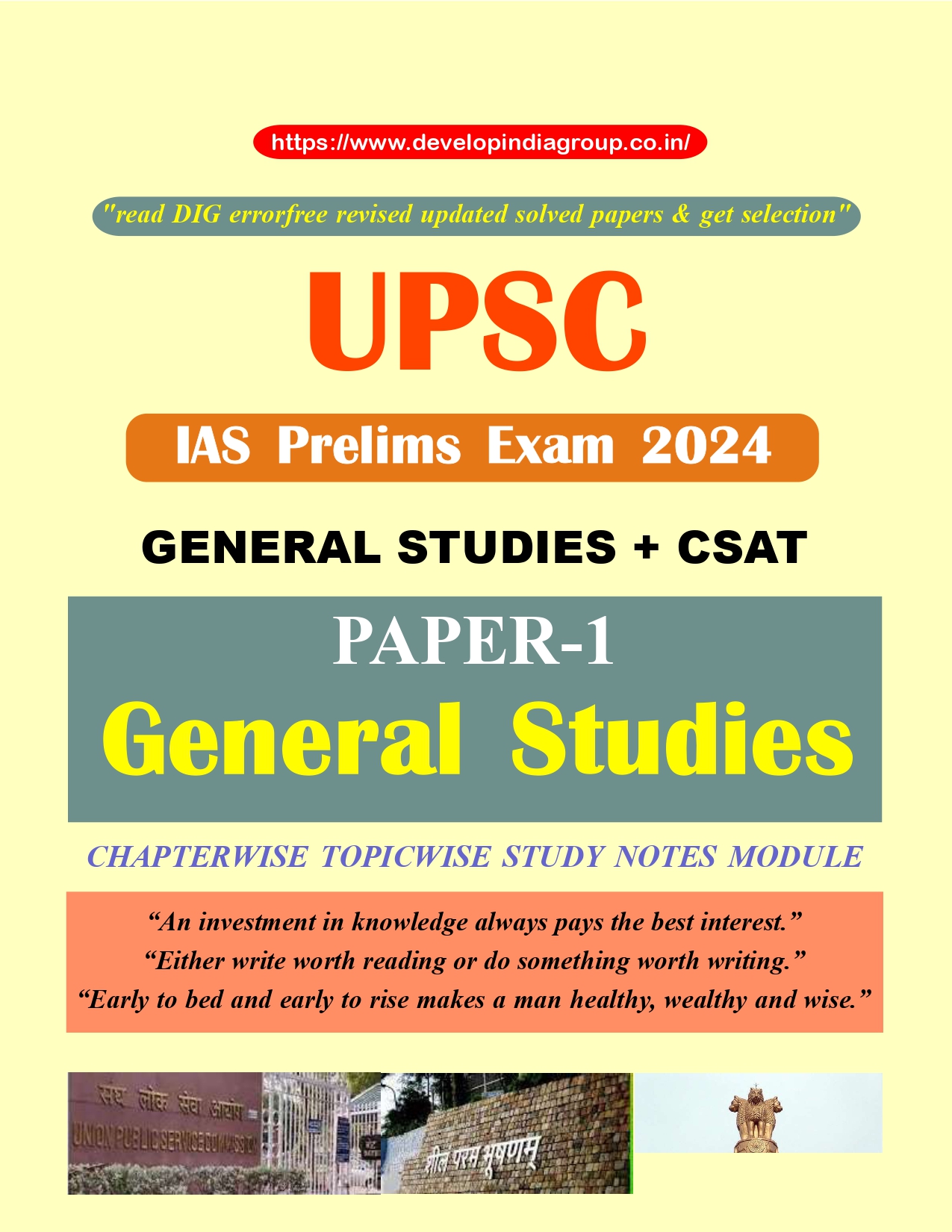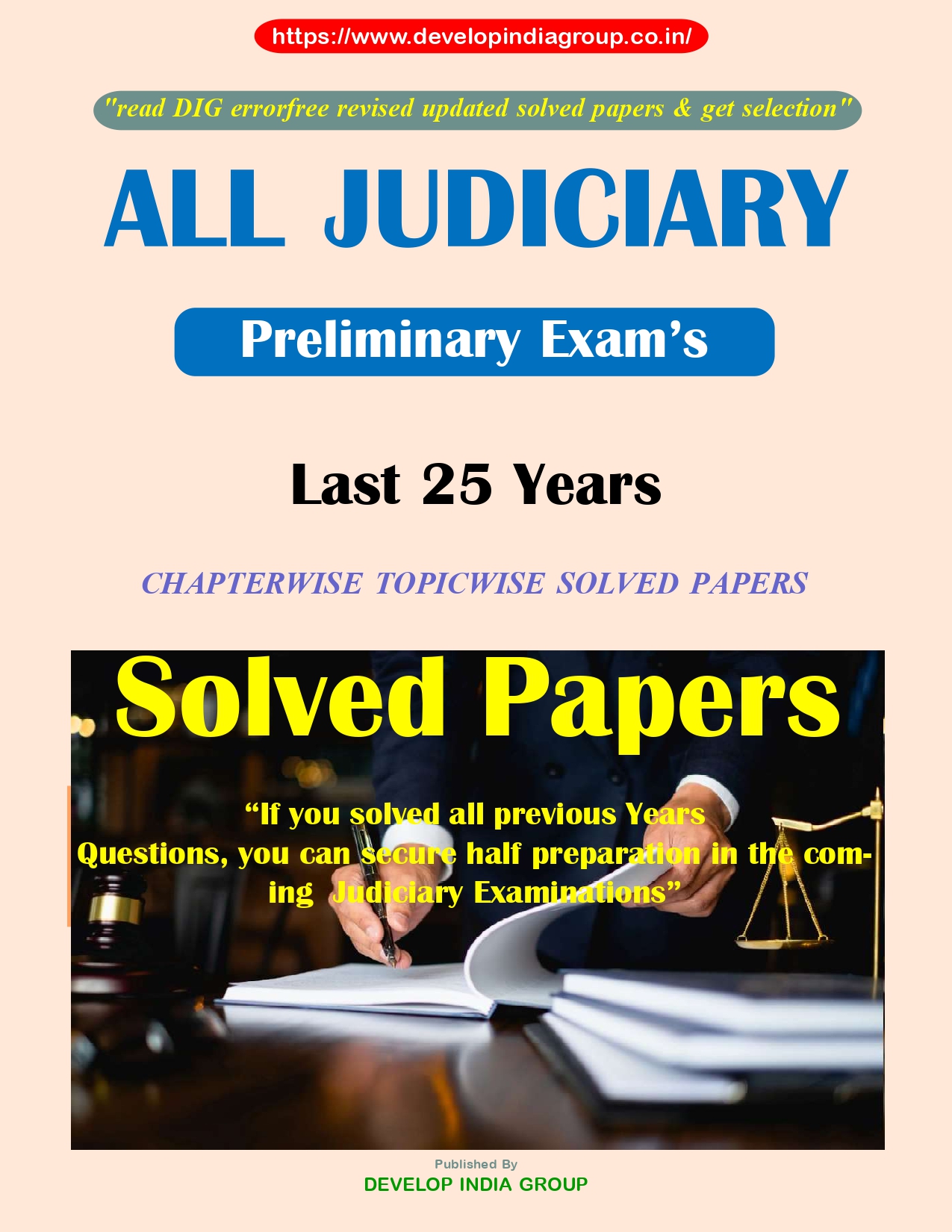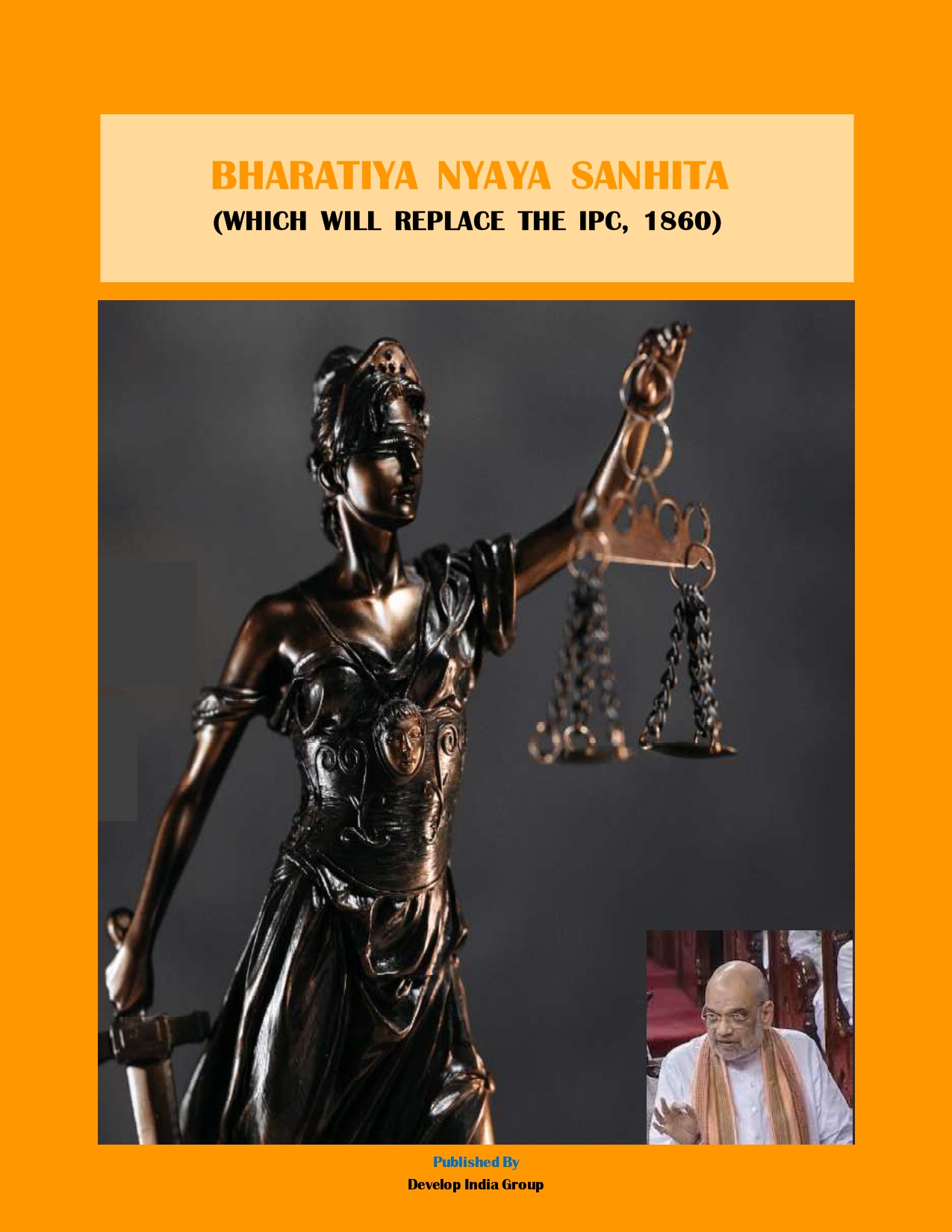|
           

|
How to write a good essay?
This is the first and most important suggestion. Answering the wrong question is a common mistake made by students. Unfortunately, it can be a real disaster for the grade you get in an exam. Make sure you understand what the examiner wants; it is highly advisable to refer back to the question throughout the answer. This point may sound like stating the obvious; but, in my experience, answering the wrong question is the biggest cause of a disappointing exam result.
Effective Introduction
In an introduction to an essay you should offer a short, concise summary of the main points to be raised. If appropriate, you could clarify key concepts. Introductions go wrong when students go into too much detail, and then repeat their arguments in the main body of the text. Generally speaking, it is advisable to start off with short sentences, rather than complex sentences. This will help create a clarity of thought and purpose.
Make Essay Plan
A plan can help to gather your thoughts, and make sure you do not forget to mention key arguments. It is an opportunity to brainstorm what you know about the topic. However, it is important not to get into too much detail – writing keywords and phrases are the best solution. I would suggest spending 5 -10 % of your allotted time on creating an introduction.
Steps of an argument
- The first step is the basic statement and argument; this part tests your knowledge.
- The second step is to explain your statement. Don’t forget you need to explain in relation to the question. Also, just because you think the explanation is obvious, doesn’t mean you can avoid putting it down.
- The third step is to look at the argument with critical distance. This is an opportunity to discuss why the basic premise may be wrong or limited. It is an opportunity to show you can think for yourself, rather than just memorise a list of points. This final step, called analysis or evaluation, is the most difficult part, but is required to get the highest mark.
Effective Conclusion
In a conclusion you can weigh up the different arguments and decide which are the strongest and most relevant. A conclusion should try to add something new, and not just repeat previous points. For example, you can say why an argument is particularly strong and give justification.











|




























